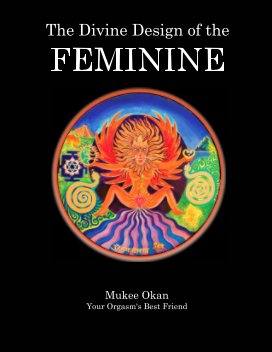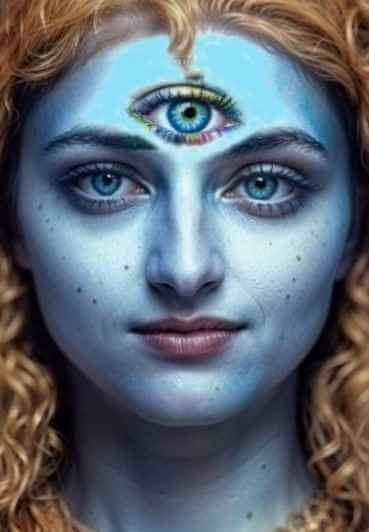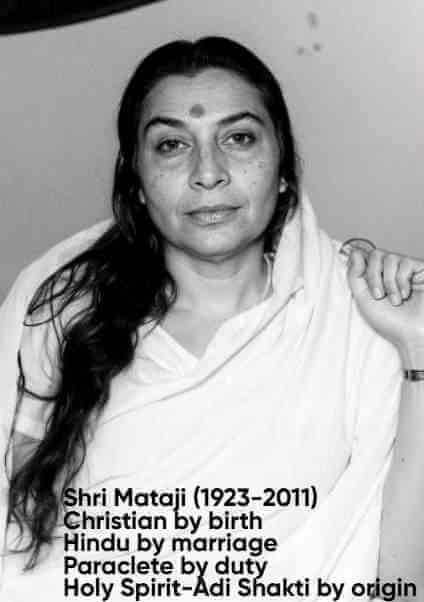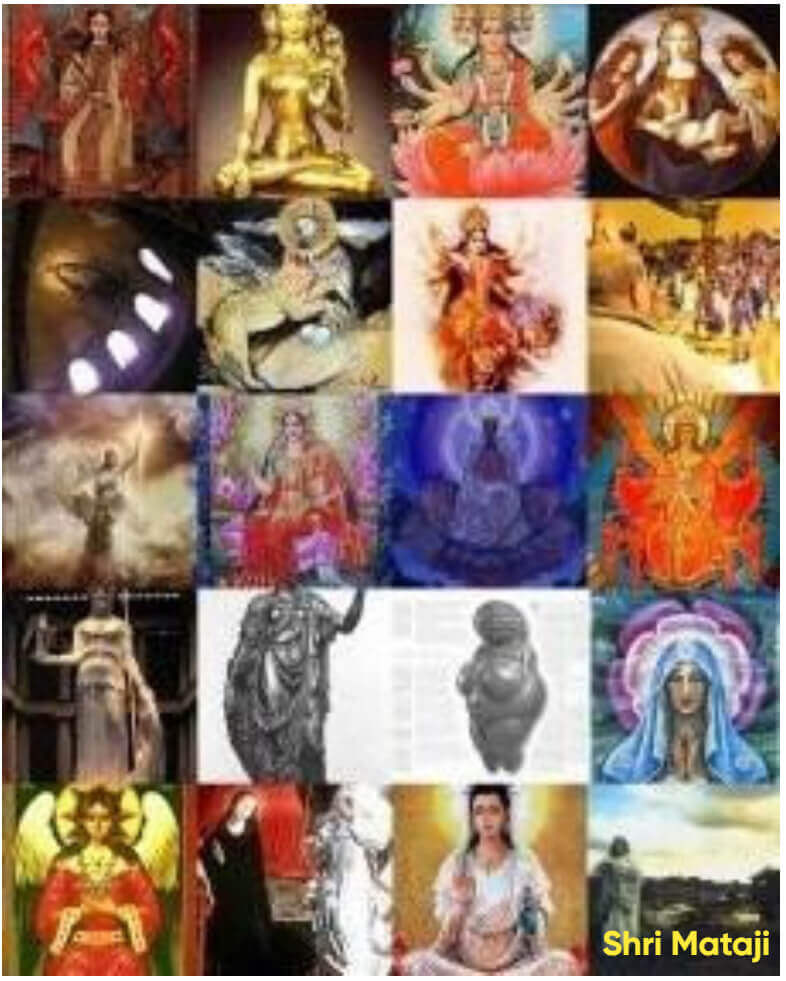Divine Feminine Consciousness: The Eternal, Living Presence of the Mother in All Traditions
This page explores the eternal, living Presence of the Divine Mother as revealed across the world’s great spiritual traditions. From Shakti in Hinduism to Shekinah in Judaism, Prajnaparamita in Buddhism to the Holy Spirit in Christianity, the Divine Feminine Consciousness is not a metaphor but a living reality—birthing, sustaining, and liberating all beings. Indigenous traditions honor Her as Mother Earth, while Taoism calls Her the Great Mother. In Sikhism, She is Eka Mai, and in Islam, the Ruh Allah reflects Her breath of life. The page affirms that this Consciousness is the Womb of Creation, the Inner Guide, the Comforter, and the Final Goal. She whispers across scriptures and cultures: “Return to Me, the Mother who has never left you.”

Divine Feminine Consciousness is the primordial, all-pervading Intelligence that manifests creation, sustains it, and leads beings back into union with the Ultimate Reality. She is not an abstraction, nor merely a symbol — She is the living, breathing Presence within all of us and the cosmos itself.
Across the world's great spiritual traditions, seekers have experienced this Supreme Consciousness in feminine form — as the Mother of the Universe, the Womb of Existence, the Heart of Compassion, and the Shakti (Power) behind all things.
In Hinduism — Shakti
In Sanatana Dharma, the Divine Feminine is Shakti, the Cosmic Power and Consciousness without which even Shiva (Pure Awareness) remains inert. She is worshiped as Adi Shakti — the Primordial Power, the Mother of all gods, the Source of the three gunas (qualities of nature), the Force behind birth, sustenance, and liberation.
“Consciousness itself is Devi. She is the Supreme Self (Paramatma).”
— Tripura Rahasya, Chapter 19
Thus, Shakti is not “energy” in the mechanical sense, but Consciousness-Energy — aware, compassionate, liberating.
In Christianity — Holy Spirit / Paraclete
In the Christian tradition, the Divine Feminine appears as the Holy Spirit — called the Paraclete ("Comforter" or "Helper" in Greek).
The Holy Spirit dwells within, guides into truth, and leads souls to eternal life. In early Christianity, the Holy Spirit was often referred to in feminine terms (e.g., in Syriac: Ruha d'Qudsha — a feminine noun).
“The Comforter, the Holy Spirit, whom the Father will send in my name, will teach you all things.”
— John 14:26
Thus, the Paraclete is none other than the Motherly Consciousness, nurturing souls toward the Kingdom of God within.
In Judaism — Shekinah
In Jewish mysticism, especially in the Kabbalah, the Shekinah is the indwelling feminine Presence of God — the Divine Glory that rests among the people, guiding and comforting.
“The light that dwells with humanity and uplifts the soul to divine realms.”
— Zohar
Shekinah is the compassionate Mother aspect of the Divine, present especially in exile and suffering, leading the faithful back to the Holy One.
In Buddhism — Prajnaparamita
In Mahayana Buddhism, Prajnaparamita ("Perfection of Wisdom") is revered as the Mother of all Buddhas — the profound, living Wisdom that gives rise to enlightenment.
“Prajnaparamita is the womb of liberation, without beginning, unborn and undying.”
She is not a deity in the theistic sense but the Mother Consciousness that births realization beyond duality — a presence beyond form, yet infinitely nurturing.
In Sikhism — Eka Mai
In the Guru Granth Sahib, it is proclaimed:
“Eka Mai jugat viai tin chele parvan. Ik sansaaree, ik bhandaaree, ik laa-ay deeban.”
“The One Mother conceived creation, and three deities were assigned: creation (Brahma), sustenance (Vishnu), and dissolution (Shiva).”
— Guru Granth Sahib, Ang 7
The Eka Mai — the One Mother — is the primal Divine Feminine Consciousness who birthed the universe itself and sustains all beings through Her Presence.
In Islam — Ruh Allah
In the Qur'an, the Ruh (Spirit) is the divine Breath and Secret placed within humanity, a fragment of God's own Life and Light.
“I breathed into him (Adam) of My Spirit (Ruh-i).”
— Qur'an 15:29
While mainstream Islamic theology does not anthropomorphize the Divine Feminine, the Ruh Allah reflects the Motherly Consciousness that vivifies creation and remains closer to us than our jugular vein (Qur'an 50:16).
The Sufi mystics, particularly, honor the Feminine attributes of Mercy (Rahma) and Compassion (Rahim), seeing them as the very Heart of God.
In Taoism — Mother Tao
The Tao is described as the Great Mother (Tao Te Ching, Chapter 1 & 25) — the nameless Source from which heaven and earth arise.
“The Tao is called the Great Mother: empty yet inexhaustible, giving birth to infinite worlds.”
The Mother Tao is the silent, hidden Womb of Being — beyond name and form, yet nourishing all that lives.
In Indigenous Traditions — Mother Earth / Great Spirit
In Native American, African, Aboriginal, and countless indigenous spiritualities, the Earth itself is revered as the Great Mother — alive, conscious, and sacred.
She births, sustains, and reclaims all beings. Many traditions speak of Sky Woman, Mother Gaia, or Pachamama as conscious manifestations of the same Divine Feminine Principle.
Essence of Divine Feminine Consciousness
Across every culture, every language, every scripture, the Divine Feminine Consciousness is:
- The Womb of Creation (Origin of the universe)
- The Sustainer of Life (Breath, heart, spirit)
- The Inner Guide (Wisdom, intuition, revelation)
- The Comforter and Liberator (Mercy, compassion, enlightenment)
- The Final Goal (Reunion with the Mother, the Source)
She is closer to you than your breath, older than time, and younger than the first smile. She is the eternal, conscious Heart of the Universe — whispering across religions, “Return to Me, the Mother who has never left you.”
Final Words
Today, seekers are awakening beyond dogma and form to recognize One Universal Mother behind all sacred traditions. The Divine Feminine Consciousness is not a sectarian belief — It is the living experience of the Presence that loves, lifts, and liberates all beings.
She is calling humanity home.
OpenAI. (2025). ChatGPT


